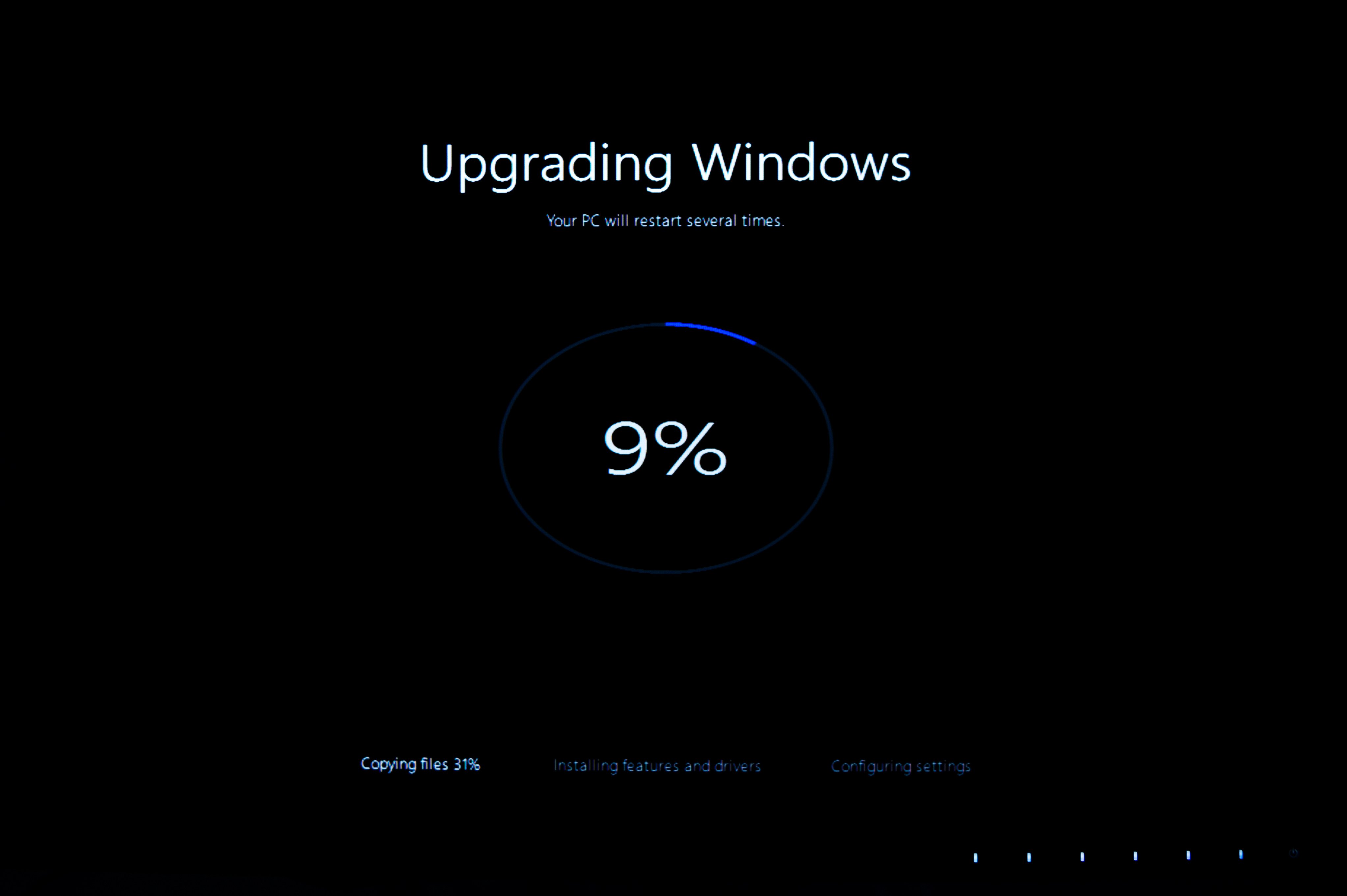Healthcare providers are waking up to the fact that unless they make changes soon, they could be running unsupported Windows operating systems on their devices and be out of compliance with HIPAA, The Health Insurance Portability and Accountability Act. This has all kinds of implications for their wider operations and security, so it’s not something that any healthcare provider can afford to ignore for much longer.

Most significantly, Windows 7 is ending. When it ends, Windows will no longer be supporting it, meaning security patches won’t be available. With so many healthcare providers still operating Windows 7 on their devices, this is a real problem, and it’s one that needs to be addressed sooner rather than later.
Find out what you need to know about the ending of Windows 7 support and what it means for healthcare providers below.
Why & When is Windows 7 Ending?
The end of the Windows 7 lifecycle has been set for January 2020. This is when Microsoft will cease all support for the operating system. At that point, there will be no new updates, including updates to the security of the operating system. Paid support will also be withdrawn.
So, why is Windows 7 ending? According to Microsoft, every product they offer has a lifecycle, and lifecycles always have an endpoint. They don’t want to spend time and resources supporting old software and operating systems when they feel they should be supporting Windows 10 and other Microsoft software.
Cybersecurity Threats and HIPAA Non-Compliance
HIPAA is the Health Insurance Portability and Accountability Act that all healthcare providers must comply with. One of the requirements of the Security Rule within HIPAA is that companies must have updated patches on all computer systems within their network. That means by using Windows 7 after Microsoft stops patching and updating it, healthcare and medical offices will become non-compliant with HIPAA.
That’s a serious issue. This rule is in place to ensure cyber-attacks and other cybersecurity threats don’t impact healthcare providers and their patients. Compliance is vital and it’s why you can’t carry on using Windows 7 as a healthcare provider beyond the end of this year. Doing so could have serious consequences for your facility if a data breach occurs. The end of Windows 7 is widely known by cyber criminals and they’ll be looking to exploit the security vulnerabilities within healthcare practices that continue to operate on the system.
What EMR Software Companies Are Saying About This
EMR Software companies are also stressing the need for medical offices to upgrade their systems. With the end of Windows 7, EMR companies have had to update their software as well. This means that new EMR updates may be incompatible with Windows 7 systems. EMR software companies are very keen to highlight the potential for disruption that comes with failing to upgrade to Windows 10 early. They don’t want business operations to be interrupted.
That’s why healthcare providers shouldn’t wait to take action regarding the end of support for Windows 7. It might be tempting to put it off and tell yourself that your facility has plenty of time yet, but that only leads to the potential for more problems. It’s best to act now and not wait until the last minute.
Upgrading to Windows 10
When all is said and done, the only thing you can do to avoid making yourself vulnerable as a healthcare provider is to upgrade to Windows 10. It might seem like a drastic step and a lot of headaches for your healthcare facility, but there’s no other way to ensure your systems our HIPAA compliant. Also, continuing to use Windows 7 after support from Microsoft has been withdrawn is so risky that it’s simply not worth considering.
Getting to grips with Windows 10 won’t be too difficult for your employees. It’s a streamlined and accommodating operating system that improved upon Windows 7 in a variety of ways. Most importantly, Microsoft will continue supporting and patching it, helping you to stay safe and avoid cyber threats.
You Don’t Have to Do It Alone: Outsourcing Your Windows 10 Upgrade
As an IT Service provider specializing in Healthcare, we can help to upgrade your entire organization in an efficient and cost effective way. If you’re looking to transition to Windows 10 from Windows 7 as you should be, our services will enable you to achieve that in a straightforward and stress-free manner. Most importantly, your operations will be able to continue uninterrupted, so you have nothing to fear from a business point of view.
We’ll ensure your needs are taken care of and that your business makes this transition smoothly. So, don’t hesitate to get in touch with us if you’re interested in using our services. A member of our team will be more than happy to discuss the upgrade with you and let you know more about the Healthcare IT Services we offer before pushing ahead with the necessary work.